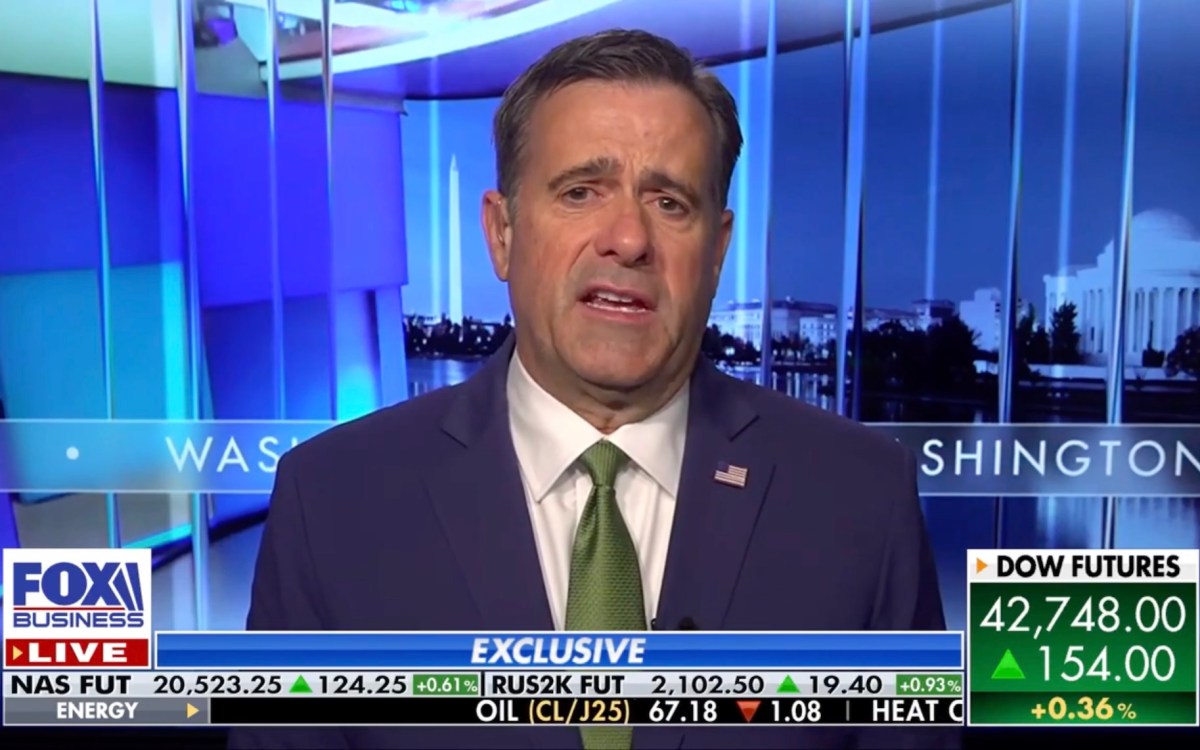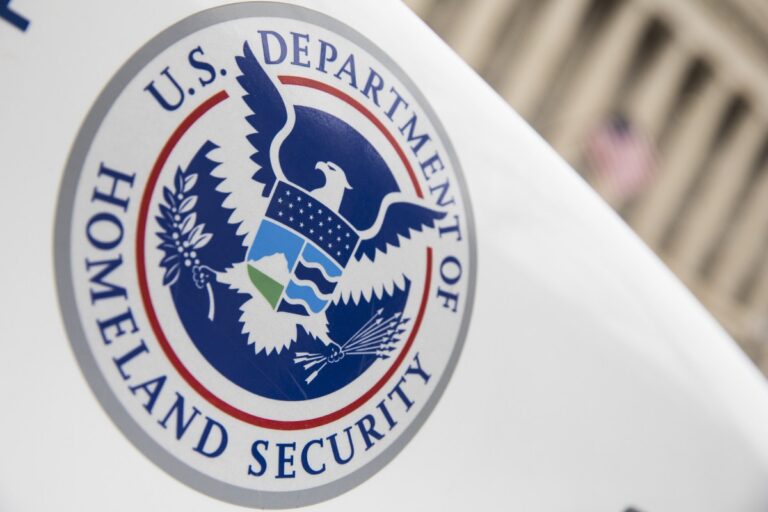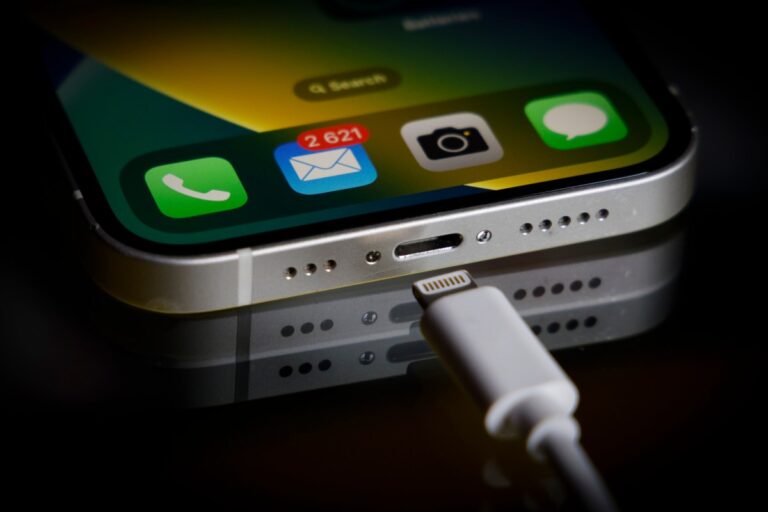US Intelligence Sharing with Ukraine Paused, CIA Director Reveals Key Developments
In a significant development regarding U.S.-Ukraine relations, CIA Director John Ratcliffe has confirmed that the Trump administration has temporarily halted its intelligence sharing operations with Ukraine. This decision follows a tense exchange between President Trump and Ukrainian President Volodymyr Zelenskyy during their recent meeting.
Details of the Intelligence Sharing Pause
During an interview with Fox’s Maria Bartiromo on Wednesday, Ratcliffe acknowledged the pause in sending weapons and intelligence to Ukraine upon President Trump’s request. However, he did not provide further insights into the specifics of this decision.
Reasons Behind the Decision
The pause in U.S. intelligence sharing stems from questions raised by President Trump regarding President Zelenskyy’s commitment to the peace process. This inquiry arose after a meeting in the Oval Office that concluded abruptly, preventing the signing of a crucial minerals deal aimed at reinforcing U.S. support for Ukraine’s financial security.
Ratcliffe expressed optimism that the pause would eventually be lifted, although he did not disclose a timeline for this development.
Implications for Ukraine’s Defense
The suspension of U.S. intelligence sharing raises concerns about Ukraine’s ability to defend against ongoing threats from Russia. Since the onset of Russia’s full-scale invasion in 2022, Ukraine has heavily relied on U.S. intelligence to counter various attacks, including cyber threats.
- U.S. intelligence has aided in thwarting Russian cyberattacks that have caused significant disruptions, such as:
- Power outages during winter.
- Disabling satellite communications crucial for military operations.
Strengthening U.S.-Ukraine Relations
Despite the current pause, the U.S. has significantly strengthened its diplomatic ties with Ukraine since the escalation of the war. In 2023, the FBI emphasized its intelligence-sharing partnership with Ukraine, providing actionable intelligence that has helped mitigate threats, including:
- Distributed denial-of-service attacks.
- The spread of disinformation.
Moreover, the U.S. has taken legal action against several Russian government-backed hackers implicated in launching destructive cyberattacks against Ukraine and other targets.
Looking Ahead
As the situation evolves, it remains to be seen how the current pause in intelligence sharing will impact Ukraine’s defense capabilities. For ongoing updates and insights into U.S.-Ukraine relations, visit the U.S. Department of State or refer to credible news outlets for the latest information.
For more articles on international relations and cybersecurity, check out our International Relations section.







